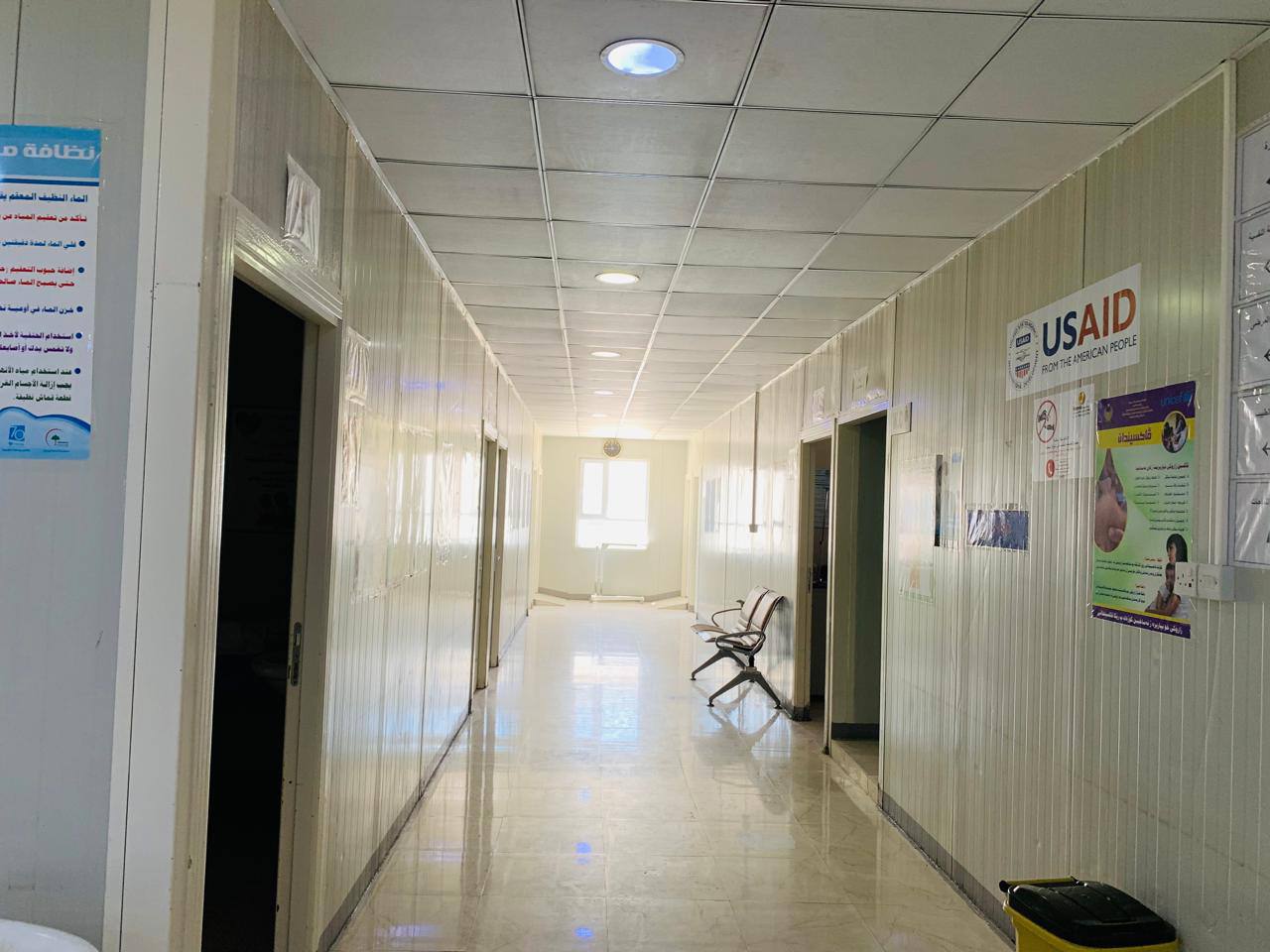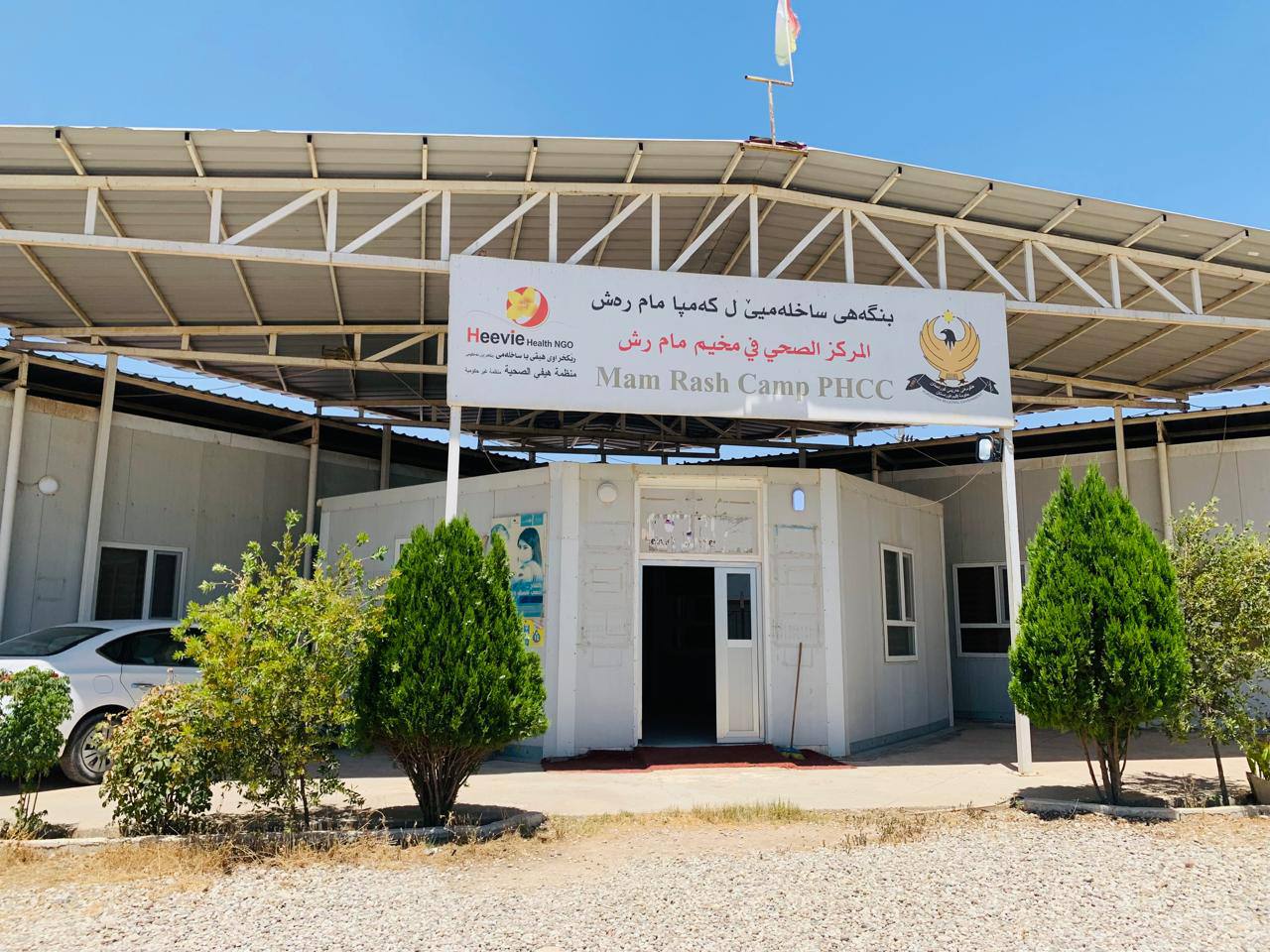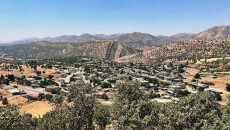Pregnant women in the camps for the internally displaced people IDPs suffer from a lack of medical care. According to health guidelines, each pregnant woman should see a doctor 13 times during her pregnancy.
The absence of such services for women in the IDP camps is concerning, especially as the Iraqi federal government has a national strategy for family planning and childbirth spacingfor 2020-2025. This strategy aims to improve maternal and child health, reduce mortality, and combat poverty.
Maha Ahmad, an Ezidi (Yazidi) displaced woman in Khanke camp and mother of five, experienced a miscarriage of a two-month-old baby late last year.
"One day, I went to the camp and they tested me and said I was pregnant. However, they mentioned that we had no guidance or care beyond testing. They suggested it would be better to visit Duhok," she shared.
Khanke camp is approximately 40 minutes-drive by car from the center of Duhok.
One day, Ahmad experienced abdominal pain and had to go to the Duhok maternity hospital, where she was informed that her baby had passed away.
“I always tell myself that if I had been constantly monitored and had that monitoring in the camp, I would not have lost my baby."
Maha shared with KirkukNow the story of another pregnant woman in the same camp who was carrying twins but unfortunately miscarried both.
There are still over 135,000 displaced residing in 15 camps in Duhok northern province, which are divided into almost 28,000 families.
The closure of health centers occurred following the expiration of contracts for displaced aid organizations. This coincided with the Iraqi government's decision to close the camps and suspend aid.
"Pregnant women face numerous challenges in the camp. Some lack transportation and financial resources to seek care in Duhok for themselves and their babies," Maha Ahmad expressed.
Falah Khidir, head of the health center in Mam Rashan camp in Sheikhan district, informed KirkukNow, "In 2024, an organization supported this center. We had 27 health workers and two specialists. However, the organization ceased its aid in 2025 after the Iraqi government decided to close the camps.”

The Iraqi government has been urging the return of all displaced to their homes for two years, but the displaced are requesting security guarantees, compensation, and the reconstruction of their areas.
"There is not a single specialist in the camp. Pregnant women must travel to Duhok or Sheikhan district for treatment," Falah stated.
Pregnant women in IDP camps must seek care in Duhok or Sheikhan district.
According to medical guidelines, a pregnant woman should see a doctor 13 times during pregnancy for the safety of herself and her baby. If there are complications, she should see a doctor at least 20 times.
According to the statistics of the health center in Mam Rashan camp, 10 cases of abortion were recorded.
Leila Arif, a gynecologist and obstetrician in Duhok, informed KirkukNow: "I see more than 15 pregnant women in the camps every month."
Leila emphasized the importance of regular monitoring for pregnant women to ensure the health of their babies and to provide appropriate treatments and foods based on the baby's age.
"The Kurdistan Regional Government (KRG) has been overseeing five key sectors (health, education, water, electricity, and waste management) for over a year, as organizations and the Iraqi government are not providing assistance," noted Pirdayan Jaafar, Director of the KRG office of Immigration and Crisis Response.
Dilshad Ali, the director general of health in Nineveh, shared with KirkukNow that a coordination office has been established in the Duhok health building, directly linked to the technical agent in the Iraqi Ministry of Health.
He highlighted that seven percent of the medicines and treatments in Nineveh will be allocated directly to the camps and distributed to health centers, as the displaced are from Nineveh province.






